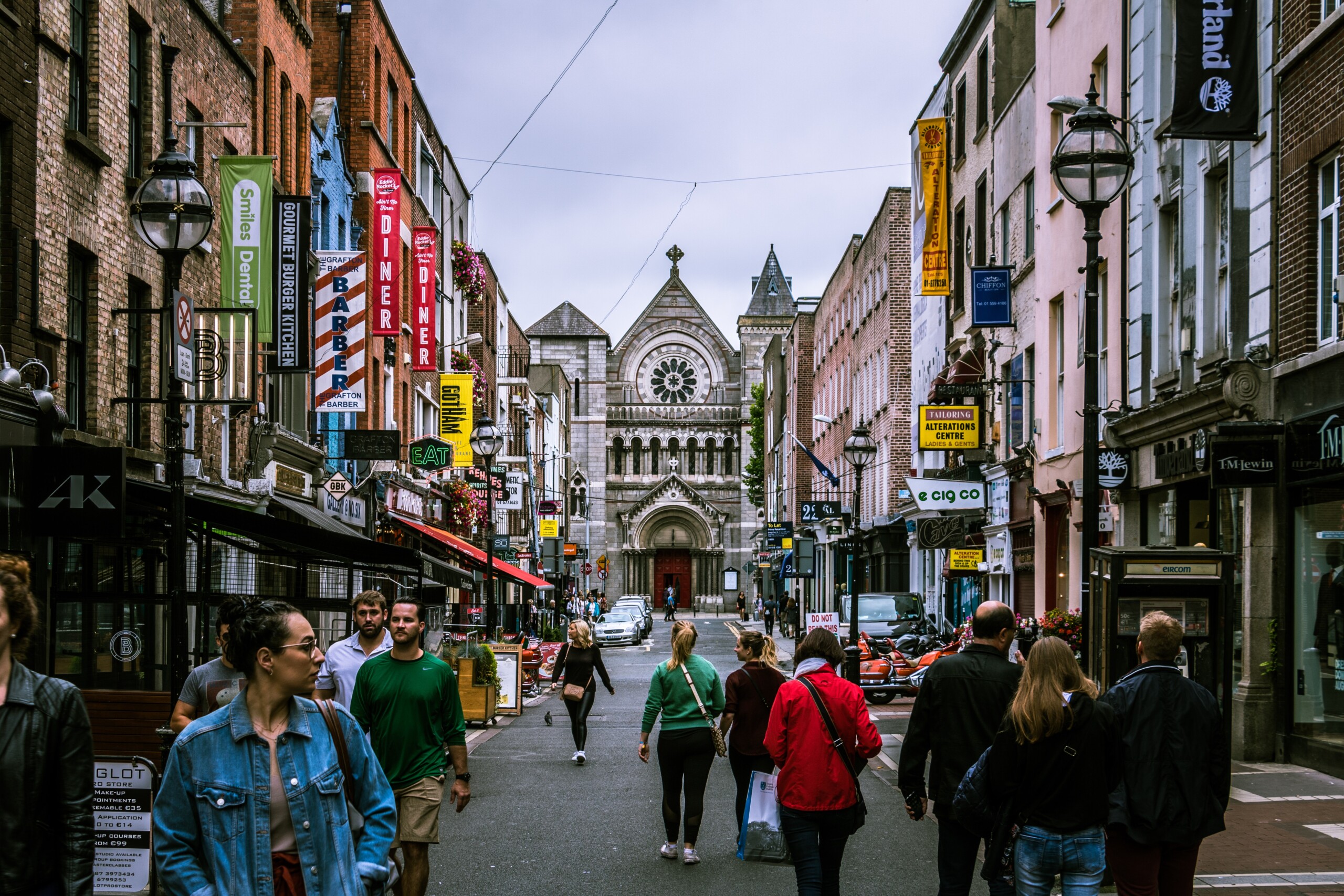The value of retail spending by consumers in Dublin continued to grow in the third quarter this year, according to a report drafted by MasterCard.
Produced on behalf of the four Dublin local authorities, the MasterCard SpendingPulse shows that total retail spending in the capital increased by 1.3% QoQ and 6.5% YoY.
However, there is evidence that consumers are purchasing smaller volumes of products, albeit at higher prices.
According to the report, discretionary expenditure rose by the greatest proportion with a QoQ expansion of 3.4%.
This was followed by growth of 2.4% QoQ in the necessities category and 1.1% in Household Goods.
Entertainment spending, which had recorded double-digit QoQ expansions in each of the preceding six quarters, eased considerably with growth of just 0.7% QoQ.
The 6.5% YoY growth in retail spending in the capital was driven to a large extent by a 58% increase in the entertainment category as hotels, bars and restaurants recovered.
Household goods expenditure rose by 4.2%.
Spending via eCommerce has been on a constant upward trajectory since 2014 and maintained a positive growth rate of 1.6% QoQ and 10.7% YoY.
Total retail spending nationally grew at a slower rate of 3.5% YoY.
This was also mainly driven by entertainment spending which expanded, but at a marginally weaker rate (54.9% YoY) than that seen in Dublin.
Household goods sales also performed strongly with a growth rate of 3.5% YoY. eCommerce spending across Ireland has largely tracked the Dublin trend in recent quarters, and also grew by 10.7% YoY.
Michael McNamara, Global Head of SpendingPulse, MasterCard, said: “The latest estimates from SpendingPulse are showing more moderate retail sales activity with YoY growth rates at 6.5% for Dublin and 3.5% for Ireland overall.
“Higher prices compared to a year ago helped to drive retail sales growth rates over the past three months across the country.
“The growth in necessities, household goods as well as discretionary spending are all up in the low single digits, while the recovery in tourism spending drove 58% growth in the entertainment sector in Dublin and 55% growth in Ireland overall.”
